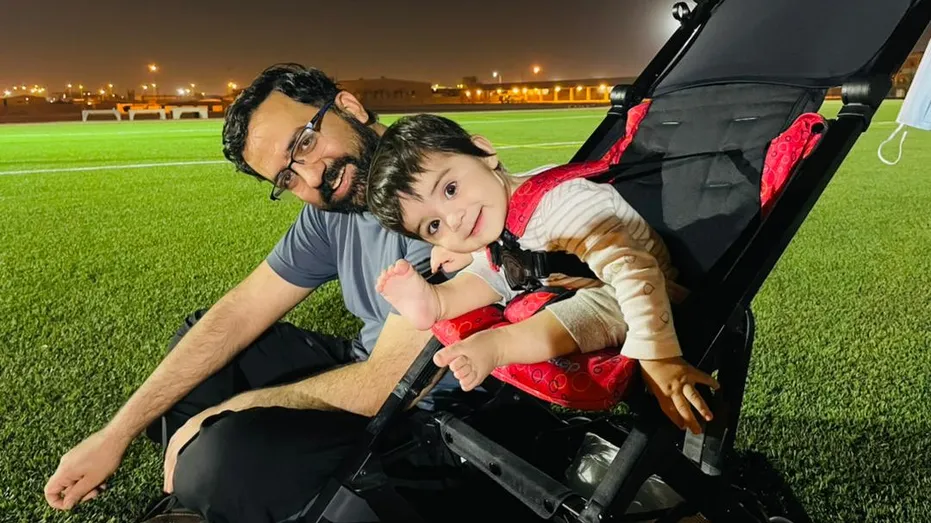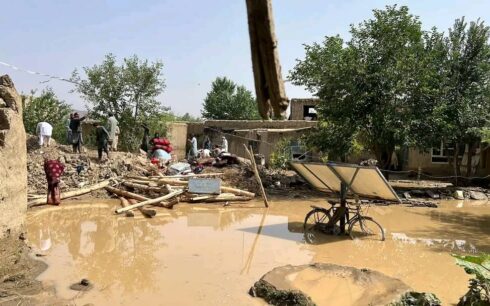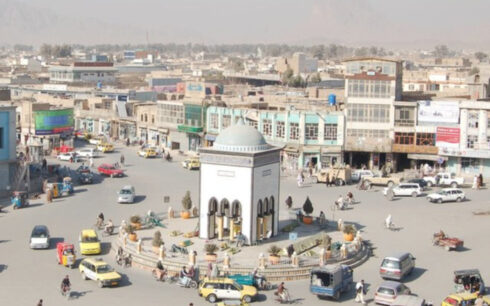The family of Mahmood Habibi, a U.S. citizen who has been detained in Afghanistan for over two years, has called for his immediate release as concerns grow about his well-being. Habibi’s detention, which the Taliban has denied, was recently acknowledged by the U.S. State Department, marking the first official recognition of his captivity.
At a press briefing on August 8, State Department spokesperson Matthew Miller expressed deep concern for the Americans detained in Afghanistan, naming Habibi alongside two other U.S. citizens, George Glezmann and Ryan Corbett. Miller classified Glezmann and Corbett as “wrongfully detained,” while Habibi is considered “unjustly detained.” Miller explained that a “wrongful” determination could not be made for Habibi due to the lack of access to critical information and the ambiguity surrounding his situation.
The FBI has also become involved, issuing a statement on August 10 seeking information on Habibi’s disappearance.
According to Fox News, Habibi’s brother, Ahmad Shah Habibi, detailed the circumstances of Mahmood’s detention, saying that Mahmood had traveled to Afghanistan in August 2022 for his work with ARX Communications, based in Fairfax, Virginia, after the Taliban encouraged Afghans to return and contribute to the country’s future. However, on August 10, 2022, Habibi and 29 of his colleagues were arrested by the Taliban’s General Directorate of Intelligence, allegedly in connection with the July 30 drone strike in Kabul that killed al-Qaeda leader Ayman al-Zawahiri. While most of Habibi’s colleagues were eventually released, Habibi and one other ARX employee remain in custody.
Ahmad Habibi strongly denies any involvement by his brother in the strike, attributing his detention to his previous role as deputy minister of the Civil Aviation Authority under the former Afghan government and his U.S. citizenship, which he gained in 2021. With the Taliban refusing to acknowledge his detention, Mahmood has been denied contact with his family or access to wellness checks by international diplomats. Ahmad, who has received unconfirmed reports from inside Afghanistan that his brother is alive, expressed deep concern over Mahmood’s current condition.
In contrast, Corbett and Glezmann, both detained around the same time as Habibi, have occasionally been allowed to contact their families and have had limited access to wellness checks from Qatari diplomats. Both men are reportedly suffering from severe health issues due to the conditions of their detention. Senate and House resolutions calling for their release detail their deteriorating health, with Glezmann suffering from facial tumors and severe malnutrition, while Corbett has reportedly experienced seizures, fainting spells, and discolored extremities due to his confinement in a basement cell with little sunlight.
Taliban spokesperson Zabihullah Mujahid first acknowledged the detention of two Americans in March 2024, reiterating in July that the Taliban has prisoners in U.S. custody, including those held in Guantánamo Bay, whom they wish to exchange for the American detainees. However, despite the Taliban’s public claims that they hold only two Americans, Mujahid recently told Ariana News that the Taliban is not holding anyone named Habibi.
The possibility of a prisoner exchange has been hinted at by unnamed Taliban leaders, who indicated in July that they might consider trading the American detainees for Muhammad Rahim, the last Afghan detainee in Guantánamo Bay, and two others held in the U.S. on drug-related charges. However, by August, Taliban officials had revised their statements, denying that they held Habibi at all.
The situation remains precarious for Habibi, whose family continues to push for his release amid growing fears for his safety and health. As diplomatic efforts continue, the family’s concerns persist, with no resolution yet in sight.





